A Gallery of
Exceptional
Books
Click here for a discussion of the ethics of linking you to Amazon
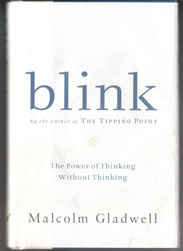
The book led me to a fascinating website at Harvard called Project Implicit. The research they are doing on this IAT project is about what goes on inside what Gladwell calls "the locked room" where your mind/heart makes snap judgments and unconscious decisions. The IAT test that forms the basis of their research projects allows you to map your reactions and your prejudices. The mechanism is really simple: their computer runs a script that measures your reaction time on simple tasks - how long it takes you to sort images into either one pile or another. It starts by assessing your baseline performance and then then with subsequent tests, it adds layers of emotional content on top of the images - making the sort slightly more complex, and retests. And then it adds contradictions, etc. and thus, by simply measuring differences in your response time, it can draw repeatable inferences about the factors that interfere with your ability to perform the task at hand. I found it frustrating and fascinating and revealing and disturbing. But that is just what happened when I followed one of the threads he handed me.
The book reviews readers have posted on Amazon give you some hints of what it is about, as does the list of other books purchased by his target audience. And I already own most of the other books that people who bought this book also bought. Malcolm Gladwell is a great tie-er-together of disparate threads ... he is a connector who can weave a wide range disparate research findings from widely separated knowledge guilds into what amounts to a non-ambiguous tapestry. He may well be the best writer of his kind who is writing today.
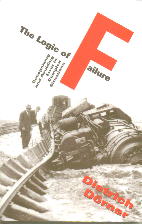
This is the first piece of social psychology literature I have admitted to taking seriously since Lionel Tiger in the '70's. Dorner took an empirical approach - he put people on simulators of different scales - a country, a city, a business (each computer model had lots of variables to adjust) and monitored how and where and when they made decisions, hoping to learn how people could learn to run the models and why most people crashed them.
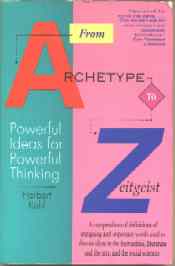
Years ago Ande Grahn tried a related experiment in an all-ages club in Port Townsend - She called it "Letters to the Editor". She took out an ad in the paper that invited people who felt strongly enough about issues to write letters to the editor to come to the "Boiler Room", sit around a table and discuss them. The underlying intent of the experiment was that through these discussions, we, the grown-ups, would transfer the vocabulary of the debate to the teen-agers at the club. Mitch found us a podium, so that people could present from the pulpit.
This is another amazing book that I found in someone's throwaway pile. Naturally, it's out of print. I assume I am sending it to someone who teaches English in central Russia, because I have never seen a more concise tool for coming to grips with the deeper aspects of the American language.
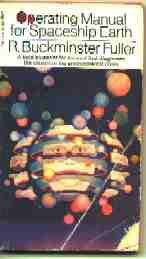
On page 11 Fuller notes: "People used to say to me 'Very amusing -- you are 1000 years ahead of your time.' I was amazed with the ease with which they were able to see a thousand years ahead when I struggled to see only a fortieth of that distance."
When I found the book, I was horrified to discover that it was out of print (no longer the case). Friends and I began to collect them and give them away. And I began to read the book aloud into my hard drive. Some of the recorded material is available on my website in RealAudio format. One of the metaphors he offers us in this book - the saga of the chick in the egg - is the most profound story I have ever heard told. There is simply nothing covered in this book that you should not already understand well enough to argue.
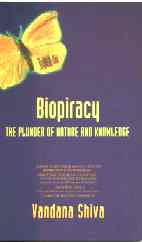
This book prepares you for the detailed discussions of the unfolding catastrophe of the commons created in corporate and university labs that can be found on RAFI and other sites I have linked.
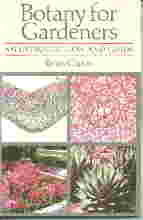
Photographs and micrographs can never point you to the point like a brilliant line drawing.
I wish I could draw this clearly.
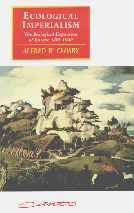
This rambling study reveals how Europeans were able to conquer the people of temperate lands through the successful environmental adaptation of the plants, animals and germs that they brought with them.
I have found this book to be the one I keep returning to, rather than "Guns Germs and Steel", but I have taken to quoting and paraphrasing Jared Diamond more and more as his writing gradually becomes a part of the foundation of the consensus understanding of the world that I share with people around me. And I truly love and applaud his premise that plants disperse longitudinally more readily than they do latitudinally. And his postulate that the diaspora of Clovis period hunter-gatherers deleted all the domesticatable large animals in North America is also fascinating.
But Alfred Crosby is still the guy who wrote the book on Ecological Imperialism and the images he paints are really vivid and visceral and the seeds he plants in your head will grow roots and then extend like a beanstalk that you can climb for a better view of where we are and how we got here. This climb provides a critically important historical perspective that we all need to attain ASAP, now that transgenic materials are getting released into the environment
.